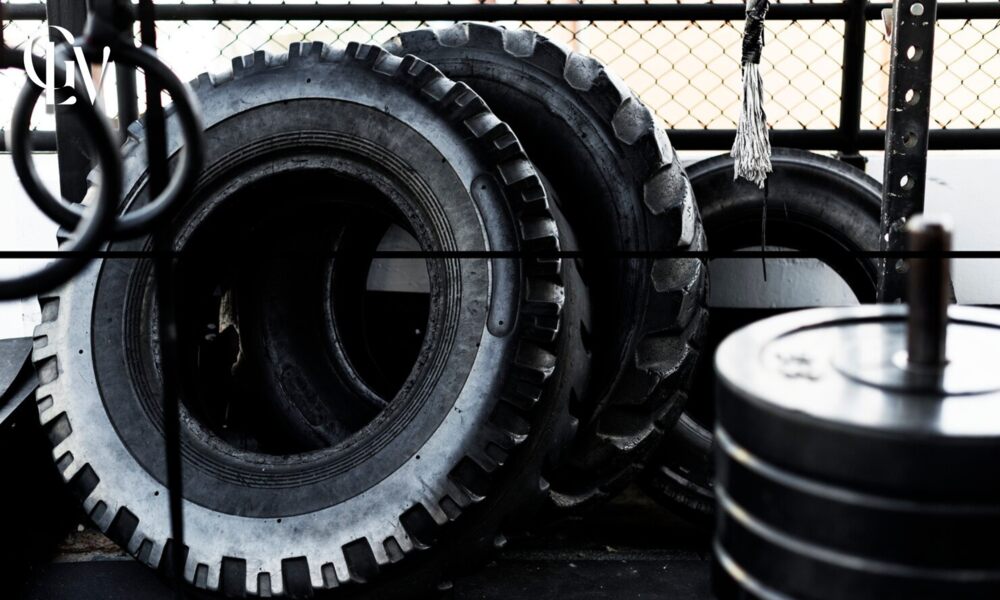Dunlop Tire Plant Closure in New York: Impact and Implications

The recent closure of the Dunlop tire plant in Tonawanda, New York, marks a significant setback for the local economy and highlights challenges in the tire manufacturing industry. Owned by Sumitomo Rubber USA, the plant ceased operations in late 2024, resulting in the loss of approximately 1,500 jobs.
Reasons Behind the Closure
- Financial Losses: Sumitomo Rubber USA cited ongoing financial struggles as a major factor behind the decision. The plant had reportedly been operating at a loss for several years.
- Market Competition: The tire industry faces fierce competition from low-cost manufacturers in Asia, making it difficult for U.S. facilities to remain competitive.
- Rising Costs: Increasing costs of raw materials and energy, coupled with inflation, have added to the financial burden.
- Shifting Demand: As consumer preferences shift toward sustainable and high-performance tires, traditional tire manufacturers face pressure to innovate, which often requires significant investment.
Local and Economic Impact
- Job Losses: The closure has left 1,500 workers unemployed, creating a ripple effect on the local economy, including reduced spending and economic activity.
- Community Challenges: Tonawanda, heavily reliant on the plant for employment, now faces higher unemployment rates and uncertainty about its economic future.
- Industrial Vacancies: The plant’s closure adds to the list of shuttered manufacturing facilities in the region, highlighting a broader trend of industrial decline.
Broader Industry Trends
The Dunlop plant closure underscores some critical trends in the global manufacturing landscape:
- Nearshoring and Automation: Manufacturers are increasingly adopting automation and moving operations closer to markets to improve efficiency.
- Focus on Sustainability: Tire companies are investing in sustainable materials and production processes to meet evolving environmental regulations.
- Trade Policy Challenges: Global trade dynamics, including tariffs and trade agreements, significantly affect the competitiveness of U.S. manufacturing.
The Road Ahead
For Tonawanda and similar communities, recovery will depend on efforts to attract new industries, retrain displaced workers, and invest in economic diversification. Meanwhile, the tire industry must adapt to changing market demands by embracing innovation, sustainability, and cost-effective production methods.
Conclusion
The closure of the Dunlop tire plant is a stark reminder of the challenges facing U.S. manufacturing in an increasingly globalized and competitive market. However, it also presents an opportunity for stakeholders to drive innovation and foster resilience in the sector.
Visit Latest Interviews
Recent Posts
Related Articles
Why You Should Think About Your Domain Extension Before You Think About The Name?
Think of your domain extension like a surname—it wraps up your web...
ByGlobal Leaders ViewAugust 19, 2025Germany’s ‘Energiewende’ Initiative: A Vision for a Sustainable Future
Germany’s ambitious energy transition, known as the Energiewende, aims to shift the...
ByGlobal Leaders ViewJanuary 27, 2025Global Platform on Sustainable Cities Established
In a groundbreaking move toward addressing the challenges of urbanization and climate...
ByGlobal Leaders ViewJanuary 27, 2025Singapore’s Green Urbanism Initiatives
Singapore, known for its modern skyline and bustling urban environment, is also...
ByGlobal Leaders ViewJanuary 27, 2025















Leave a comment